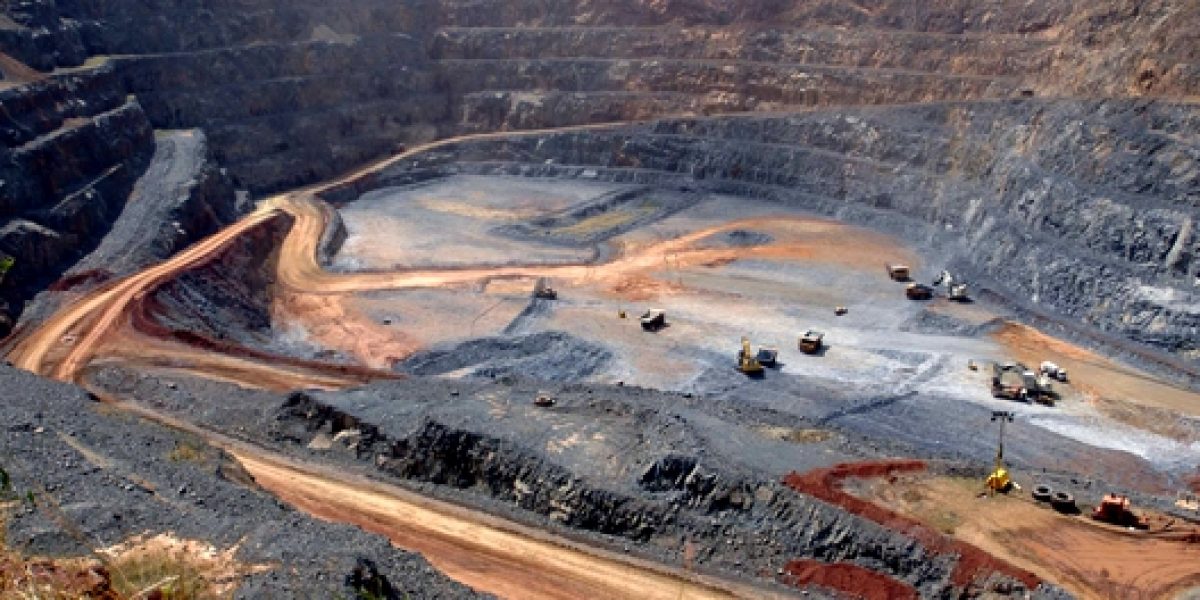Below is an edited version of Dr Bello’s paper featured in “Foreign Voices” published by Development and Peace Foundation.
Sustainable Africa’s extractive sector is fast transforming with once-dominant Western extractive companies ceding ground to those from emerging countries such as China. In Mozambique, for example, Brazil’s Vale has emerged to play a dominant role in new coal exploration and production. Alongside this increasing challenge to Western extractive investments in Africa, companies face growing pressure to demonstrate their environmental, social and especially developmental contribution.
First, there is growing agitation for such issues as adequate remuneration of labourers, better working conditions, protecting the environment and local service provision. These demands strain the existing business models favoured by many companies but they could also become an opportunity for European firms. After all, all these ascendant social and environmental issues are in theory written into the DNA of how European companies are supposed to operate.
Second, there are a number of issues beyond governance which could represent business opportunities for OECD companies. As Africans focus on greater local processing to improve Africa’s position along global value chains, a grim consensus is emerging which asserts that Africa’s extractive boom in the last two decades has come at a great cost.
There is rising hostility to the extant extractive model which promotes exportation of African resources for value addition elsewhere. This has given rise to the realisation that Africa must do more locally through policies to promote benefits and local linkages.
It is an increasingly influential viewpoint that few serious international actors in African extractives will be able to side-step. Willingness on the part of Western firms to adapt their business model to empower African partners and communities could become a game changer in the increasingly stiff competition for access to natural resources. Recent examples include Botswana, where the government persuaded De Beers in 2013 to relocate the high value diamond cutting and polishing operations from London to Gaborone.
Third, the changing nature of technology is likely to see incremental innovations which will drive three important transitions in African extractives. The incipient global shift towards mechanisation of extractive processes raises the question of how low skilled workers can be reskilled into other productive sectors.
Also, advanced technological inputs are needed to secure vital efficiency gain and resource recovery rates, including in maturing mining jurisdictions like South African (gold), Zambia and the DRC (copper belt). Also, the impact of technology can be felt in the regulatory sphere, for instance in the ability to monitor corporate practices. As new technologies enhance governance oversight, firms that are willing to work in tandem with this technical changes to deliver improved social and developmental performance and greater transparency will possess an edge. All of these should influence European regulatory thinking and policy interventions to boost European competiveness globally.
Fourth, plans are now afoot for reduction in material inputs in key EU countries (Germany for example is reportedly aiming to compress material demands by 90 percent by the year 2030). This shift, may see African export to Asian grow just as the West’s demand declines rapidly. The key implications are likely to be in the area of governance (greater European freedom of action due to less resource dependence) and transformation of global supply chains (shift in production patterns, division of labour and specialisation/competitiveness along value chains). This will further expand the space for less geopolitically and geo-economically driven patterns of cooperation on resource governance between the EU and Africa.
Such a proceeding can enhance the space for technical cooperation and exchanges and contribute to improved and well capacitated extractive governance initiatives away from the recent geo-economic slant seen in EU resource politics since the global financial and sovereign debt crises. ‘De-commodification’ or falling resource demands from the EU will also likely increase the extractive material resource pool for African countries to benefit, possibly supporting advanced high value added local production in order to meet the needs of a growing African middle class by 2030.








